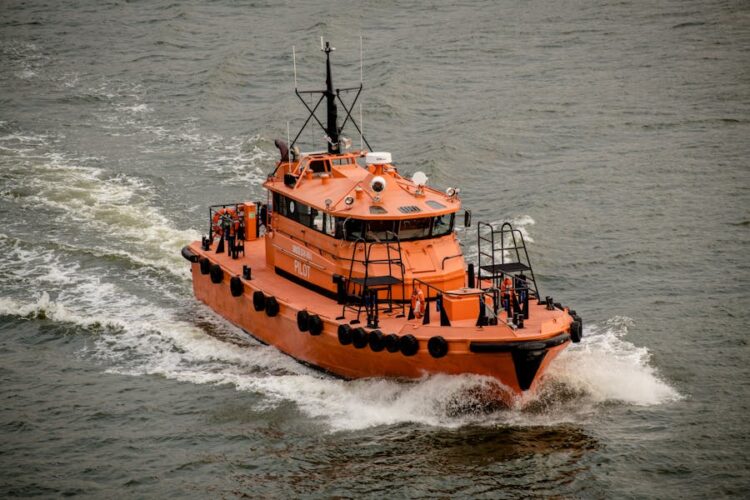Maritime injuries can have devastating consequences, particularly for workers who face the hazards of life at sea. From ship deckhands to longshore workers, these individuals endure physical risks unique to maritime environments. The complexities of maritime law, including the protections under the Jones Act, are essential in addressing such injuries. A Jones Act attorney becomes invaluable in these cases, guiding injured workers through the legal process to seek compensation for medical costs, lost wages, and emotional distress. This is especially crucial in California, a state deeply connected to the maritime industry through its major ports in cities like Los Angeles, Long Beach, and San Francisco.
California’s thriving maritime economy relies on commercial shipping, fishing, and passenger vessels, making maritime injuries a pressing concern. With such an extensive coastline and bustling ports, the state is a hub for maritime workers who are exposed to risks ranging from ship collisions to hazardous conditions on offshore platforms. Maritime law plays a pivotal role in safeguarding their rights, offering protection and pathways to compensation. As the state continues to grow as a maritime center, legal support for injured workers remains vital in ensuring their well-being and financial stability amidst these high-risk occupations.
Historical Background
The Jones Act, officially known as the Merchant Marine Act of 1920, was enacted post-World War I. During this period, the United States sought to strengthen its maritime infrastructure. The legislation aimed to ensure a robust merchant marine capable of supporting national security and economic interests. Over time, it has evolved, but its foundational principles remain intact.
Core Provisions
The law requires that ships moving merchandise between ports be constructed by citizens or permanent residents and sailed under the American flag by owners who are also citizens or permanent residents. This is aimed at supporting the local maritime sector for economic growth and employment opportunities.
Economic Implications
Advocates claim that the Jones Act supports the industry by limiting foreign competition and supporting local shipbuilding and repair businesses while creating job opportunities for American sailors. On the other hand, detractors argue that this protective measure leads to increased shipping expenses that impact consumer prices and overall economic effectiveness.
Labor Rights
One important element of the Jones Act focuses on safeguarding the rights of seafarers in cases of harm or negligence caused by their employers while at sea. This provision goes beyond worker compensation regulations to acknowledge the dangers inherent in maritime jobs and aims to guarantee reasonable treatment and recompense for individuals employed in maritime industries.
National Security
The Jones Act is critically important for maritime security, as it ensures the U.S. has control over its logistics by using American-operated vessels with U.S. citizens on board. It plays a vital role by allowing the country to mobilize this fleet for military operations and humanitarian aid during times of conflict or emergencies. This demonstrates how the Jones Act is a key component of our nation’s defense strategy.
Environmental Considerations
Lately, environmental laws have started to blend with the rules of the Jones Act. U.S.-based ships need to follow specific environmental guidelines that are sometimes stricter than global norms. This emphasis on sustainability aids in lessening the harmful environmental impact of shipping operations at sea. Yet, it also raises expenses, which has sparked several discussions about the collateral effects of the act.
Contemporary Challenges
The Jones Act has been around for quite a while now. However, it is currently facing a number of challenges in today’s world of global competition. The evolution of the shipping industry and the advancements in technology, along with the complex international trade agreements in place, often make things even trickier to navigate nowadays. As a result, it has led to many ongoing debates about whether the act still holds up in today’s economy.
Proposed Reforms
Different groups involved in the maritime industry have suggested certain changes to tackle these issues. Some suggest relaxing the rules to improve competitiveness, while others focus on making the rules stronger to safeguard national interests. Balancing these viewpoints requires a careful evaluation of the impacts as well as the consequences for security and labor.
Case Studies
Numerous real-life examples showcase the effect of the law in action. For example, catastrophes like natural disasters frequently underline the importance of the Jones Act in responding to emergencies. In times like these, some exceptions may be made to speed up the delivery of relief. These cases offer various perspectives on both the advantages and constraints of the law.
In Summary
The Jones Act continues to be an important element of U.S. policy, with its impact felt across economic security and labor sectors, highlighting its diverse importance. Comprehending its rules and effects also offers a clear perspective on how it shapes the country’s environment. Ongoing discussions and potential changes are set to influence its trajectory moving forward, showcasing the evolving nature of regulations and policies.










